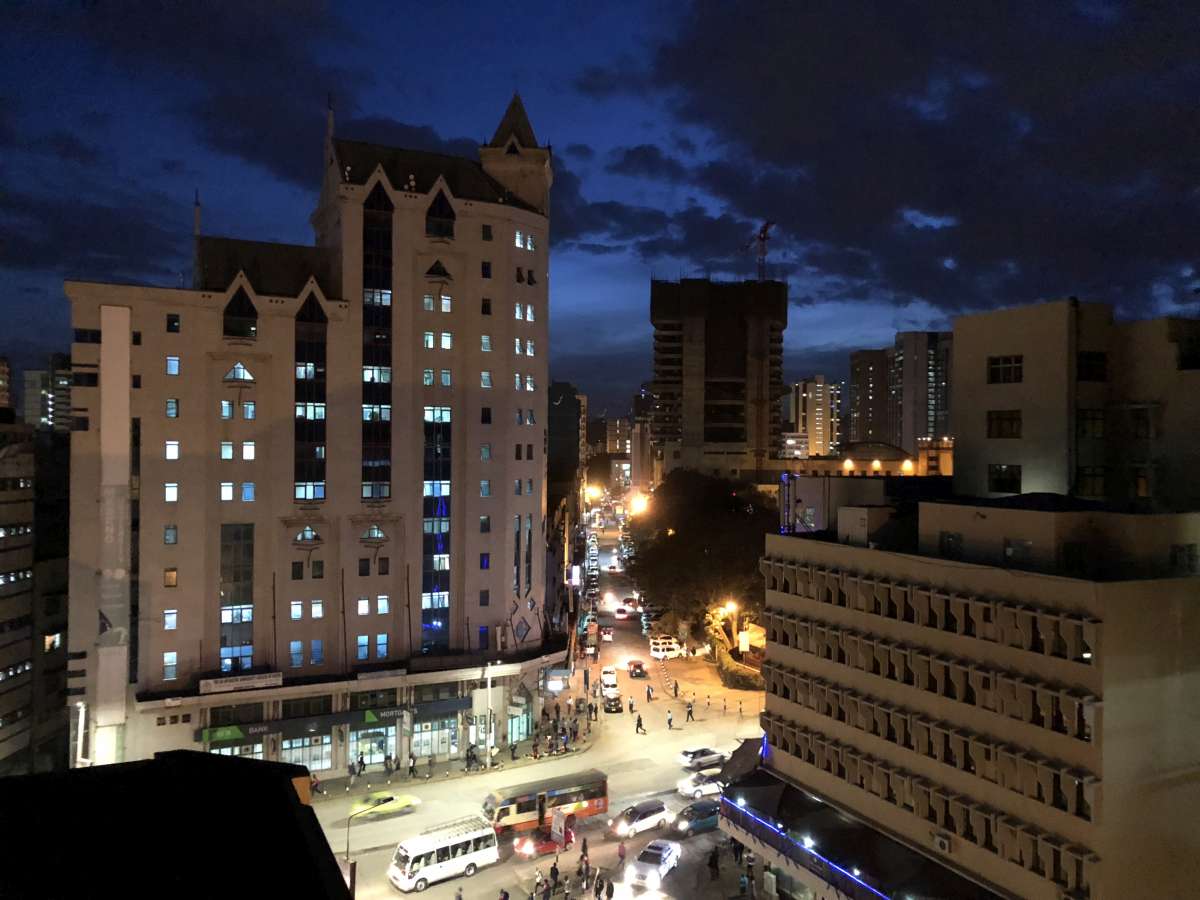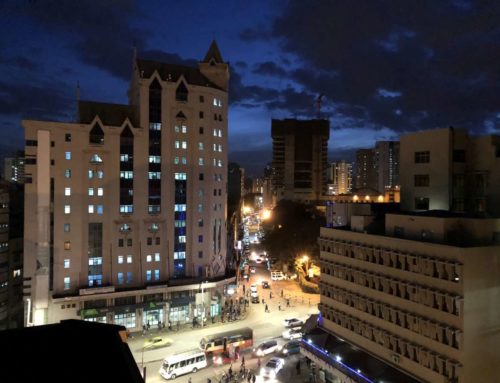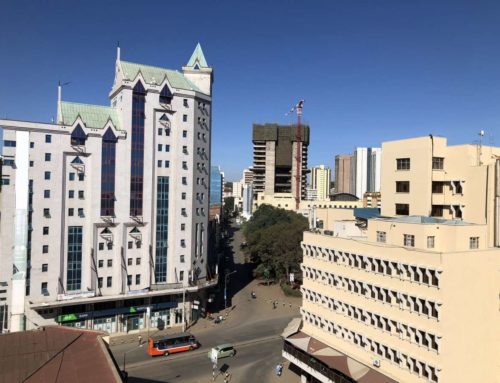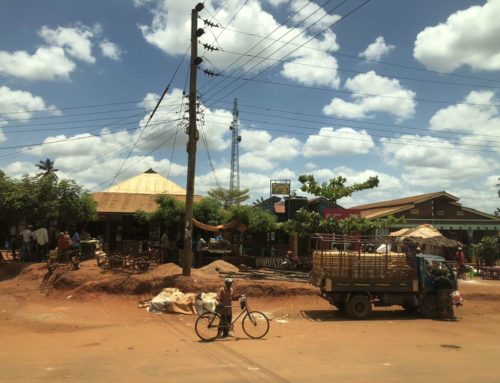Corona: The government in Kenya has issued strict rules for the unvaccinated. De facto compulsory vaccination outraged large sections of the Kenyan population.
Not even 15 percent of the Kenyan population is fully vaccinated against the coronavirus. Nevertheless, very strict rules for unvaccinated people have been in force in Kenya for a few days. Anyone who has not yet been vaccinated against the corona virus is practically excluded (at least on paper) from public life. Because now only vaccinated people have access to public facilities and all freely accessible public places. These include national parks, hotels, restaurants, bars as well as educational institutions, train stations and hospitals. But this also applies to supermarkets, shops and Matatus. On paper, the unvaccinated are pretty much excluded from all areas of public life in Kenya. The outrage in the mostly unvaccinated population is therefore great. But the protest would probably be many times greater if the rules were enforced with full force everywhere. In theory, every supermarket, every hotel, every restaurant and every Matatu inspector must now check the vaccination certificate of every customer and guest and, if necessary, deny entry or the service if complete vaccination protection cannot be proven.
However, the reality in Kenya is somewhat different, much to the dismay of the Ministry of Health. Even if the Ministry of Health is currently threatening legal proceedings against those who do not check the vaccination status of their customers and visitors. If a Matatu driver really only transported vaccinated people, the bus would not be full by far. Almost all sectors of the economy are struggling with sometimes significant declines in sales. And so in Kenya there is currently a de facto vaccination requirement, which is hardly enforced and controlled in practice.









Leave A Comment